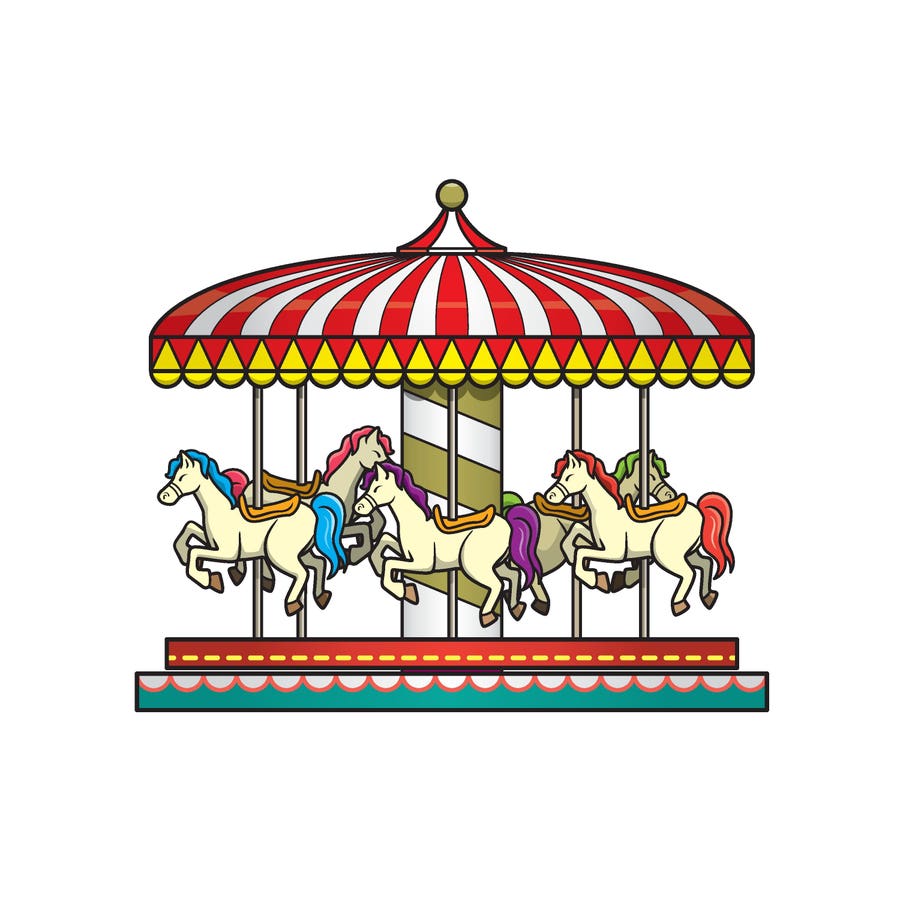Sanjay Ghare is a technologist and founder of Vervotech, a SaaS-based accommodation data provider. He also founded Techspian.
The network effect occurs when the value of a product or service increases as more people use it. As per a study by James Currier, a four-time CEO and Silicon Valley VC, network effects alone have contributed to about 70% of all value (in USD) created by technology firms since 1994. If I were to oversimplify it, network effects are one of the most critical levers of value creation in today’s digital world.
The phenomenon works and helps other industries, such as travel, media and communications. As someone who works at the intersection of travel and technology, I have seen how trade shows have become a unique amplifier of the network effect, and it’s very democratic. Businesses of all sizes and segments benefit from it. I will attempt to argue why this is the case in this article, as well as cite some examples from my industry that support this line of thought.
What Are Network Effects?
To put it simply, networks are interconnected systems of people or things. Networks are an integral part of our lives, and around you, everywhere, from your internet fiber and highways to social media, it’s the internet of human brains.
Network effects emerge when the value of a business or product grows with each additional user or increased usage. For instance, when another customer joins, they enhance the experience for existing customers. To illustrate it further, consider a marketplace like Amazon: It has more value if it has 1 million sellers as opposed to 10,000 sellers; the end users will have more options, and sellers will have more customers.
How Trade Shows Amplify Network Effects
Trade shows, per se, are living examples of network effects. A trade show is essentially a temporary network or community: It brings together exhibitors, buyers, industry experts, thought leaders and media under one roof. The value of a trade show to any one participant increases as more participants join.
Each additional exhibitor means attendees have more to see and learn; each additional attendee or buyer is a new potential customer or partner for exhibitors. This mutual gain encourages even more people to participate, creating a virtuous cycle like an online but face-to-face platform.
For example, at the Consumer Electronics Show, major technology companies showcase their offerings while connecting with potential partners and investors. A budding startup might meet a significant electronics manufacturer interested in integrating technology into existing products.
In my industry, events like the Arabian Travel Market in Dubai and the World Travel Market in London use network effects to fuel the travel industry’s growth. WTM, for example, promotes the expansion of the global travel industry with events across multiple continents. Nearly 50,000 travel professionals, government officials and journalists attend WTM London each year, resulting in over £3.71 billion in travel industry contracts being signed during the event.
A Unique Quartet Of Longstanding Growth
The connections formed at trade shows form a unique quartet or loop that drives sustainable growth for businesses.
• More Eyeballs: Businesses gain new contacts at every event they attend and strengthen existing relationships.
• Increased Participation: As networks grow in size and value, more businesses look to participate in future trade shows.
• Market Leadership: Companies that consistently use trade shows to position themselves are able to market themselves as industry leaders.
• Sustained Growth: The net effect of all these interactions translates into long-term business growth.
Businesses can use the incredible proposition of the network effect, which works for everyone individually and as part of a larger, interconnected ecosystem. It’s not a game where only the big fish win.
Trade shows, in particular, are one of the rare arenas where the playing field is level. Here, a small startup with a bold idea can stand alongside industry leaders, share its vision, build relations and create value for their businesses that might otherwise take years to develop.
Forbes Technology Council is an invitation-only community for world-class CIOs, CTOs and technology executives. Do I qualify?








